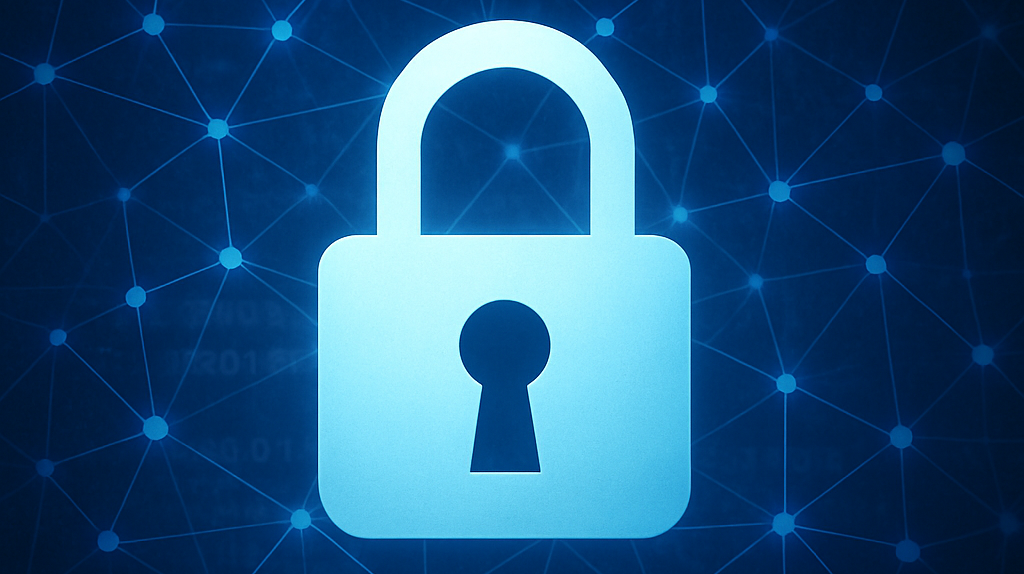Introduction: Why Network Security Is More Critical Than Ever
Cyber threats are on the rise, with small businesses increasingly becoming targets for cybercriminals. In 2025, protecting your network isn’t just about installing antivirus software – it’s about implementing a comprehensive strategy that includes firewalls, encryption, and employee training. According to recent reports, cyberattacks on small businesses have increased by 45% in the past year alone, leading to significant financial and reputational damage. In this article, we’ll outline key network security strategies every small business needs to implement to stay protected.
Understanding the Threat Landscape in 2025
As technology evolves, so do the tactics of cybercriminals. Here are some of the most prevalent threats facing small businesses in 2025:
- Ransomware Attacks: Criminals encrypt business data and demand a ransom to restore access. In 2024, ransomware attacks increased by 60% globally, with small businesses being the most vulnerable.
- Phishing and Social Engineering: Phishing emails and fake websites are more sophisticated, using AI to create more convincing traps.
- Distributed Denial-of-Service (DDoS) Attacks: Attackers flood websites with traffic, causing them to crash and disrupting business operations.
- Data Breaches: Sensitive information, including customer data and financial records, is increasingly targeted.
Essential Network Security Strategies for Small Businesses
To combat these threats, small businesses must implement a multi-layered security approach that includes:
1. Firewall Protection
A firewall acts as the first line of defense, monitoring incoming and outgoing network traffic and blocking unauthorized access. Businesses should consider advanced firewalls that offer:
- Deep packet inspection
- Intrusion prevention systems
- Real-time threat monitoring
2. Data Encryption
Data encryption protects sensitive information by converting it into unreadable code. Key areas to encrypt include:
- Emails and file transfers
- Database records
- Backup files
3. Multi-Factor Authentication (MFA)
Implementing MFA ensures that users must verify their identity through multiple methods before accessing sensitive data. This is particularly crucial for:
- Email accounts
- Cloud storage platforms
- Remote access to internal systems
We can help protect your email & cloud storage from threats.
4. Regular Software Updates
Outdated software can provide entry points for hackers. Regularly updating operating systems, plugins, and CMS platforms minimizes vulnerabilities. Consider setting up automatic updates where possible.
5. Network Monitoring
Network monitoring tools provide real-time visibility into suspicious activity. Key features to look for include:
- Intrusion detection systems
- Automated alerts for unusual behavior
- Network traffic analysis
Employee Training: The Weakest Link or Strongest Defense?
Human error is responsible for 82% of data breaches. Regular employee training can transform staff from security risks to a frontline defense against cyber threats. Effective training should cover:
- Recognizing phishing emails
- Safe password practices
- Reporting suspicious activity
Data Backup and Disaster Recovery Planning
Backing up data is essential for minimizing damage after a cyberattack. Key considerations for an effective backup strategy include:
- Automated, encrypted backups to secure cloud servers
- Regular testing of backup data
- Developing a detailed disaster recovery plan that outlines recovery steps and communication protocols
Ensure your data is protected with our backup and disaster recovery solutions.
Compliance and Legal Considerations in 2025
Data privacy regulations are becoming stricter, with severe penalties for non-compliance. Key laws to be aware of include:
- GDPR (General Data Protection Regulation)
- CCPA (California Consumer Privacy Act)
- HIPAA (Health Insurance Portability and Accountability Act)
Partnering with a Network Security Provider
For many small businesses, managing network security in-house can be overwhelming. Partnering with a managed IT provider offers benefits such as:
- 24/7 network monitoring
- Regular vulnerability assessments
- Incident response and data recovery support
Conclusion: Stay Secure, Stay Vigilant
Cyber threats are evolving, and small businesses cannot afford to be unprepared. Implementing robust network security measures – from firewalls and encryption to employee training – is essential to safeguarding business assets and customer data in 2025. Ready to protect your network? Contact us today for a comprehensive security assessment.



